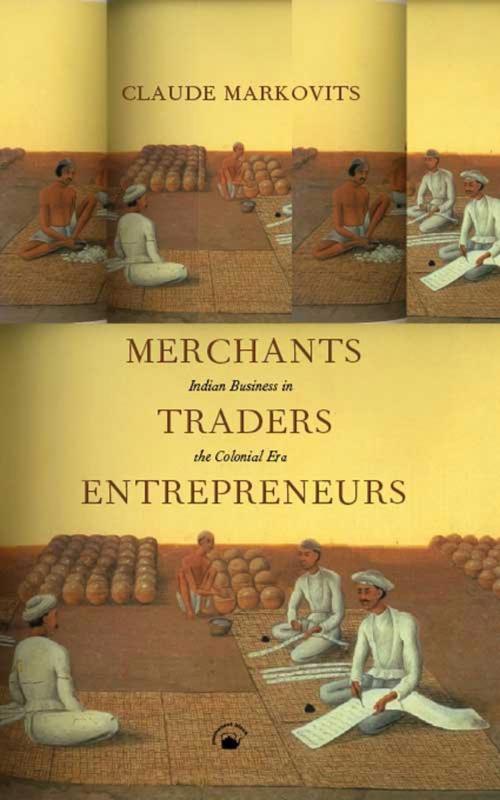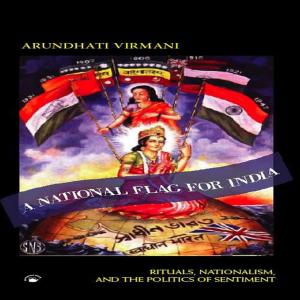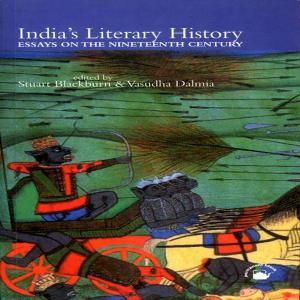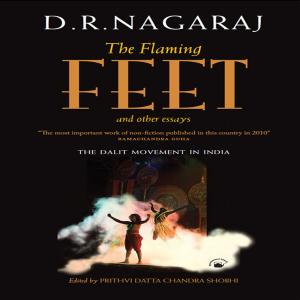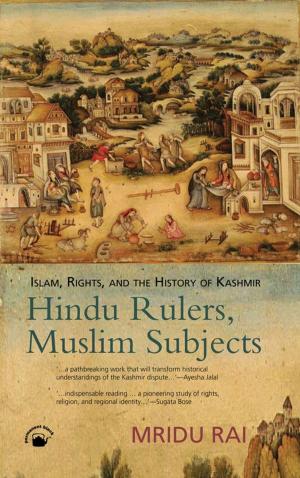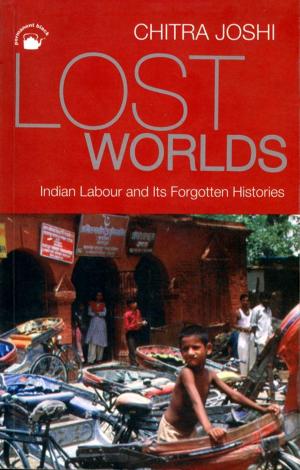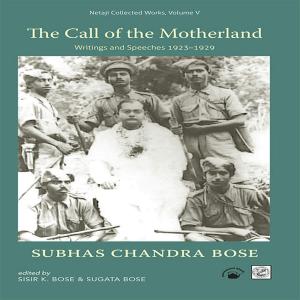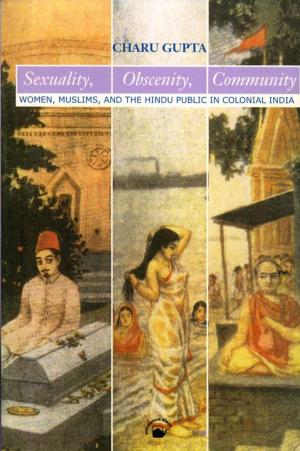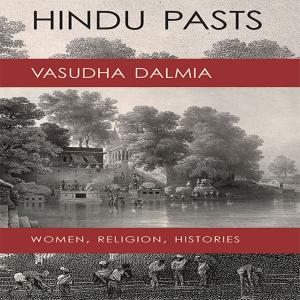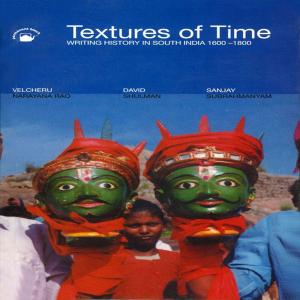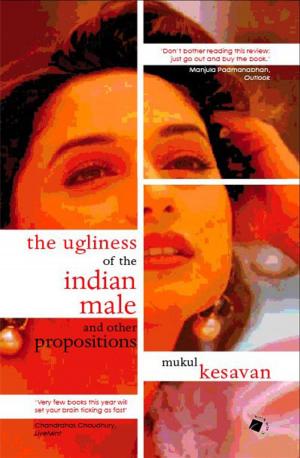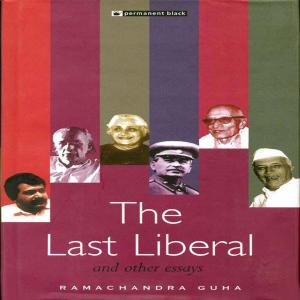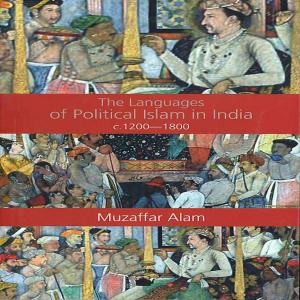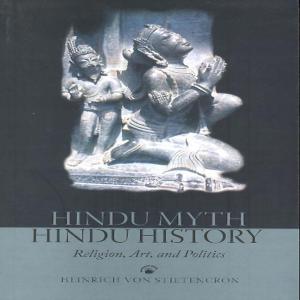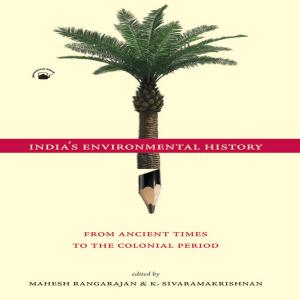Merchants, Traders, Entrepreneurs
Indian Business in the Colonial Era
Business & Finance, Economics, Economic History, Nonfiction, Social & Cultural Studies, Political Science| Author: | Claude Markovits | ISBN: | 9788178244006 |
| Publisher: | Permanent Black | Publication: | November 15, 2012 |
| Imprint: | Language: | English |
| Author: | Claude Markovits |
| ISBN: | 9788178244006 |
| Publisher: | Permanent Black |
| Publication: | November 15, 2012 |
| Imprint: | |
| Language: | English |
The merchant world represents a relatively neglected area in South Asian history. Merchants were important actors in the economic, political, social, and cultural life of India, and deserve more attention than they have been given. This book therefore bridges a gap by bringing together a number of issues which deal with the Indian mercantile world in colonial India, and its relationship with politics and society. Three major themes are taken up: the relationship between the business world and the world of politics, in the late colonial era, with special emphasis on the links between business interests and political nationalism; the position of merchants and big businessmen in relation to society and the economy; and merchant circulations, the way in which specific trading networks extended the range of their operations during the colonial period, across the entire subcontinent as well as the wider world. This book will interest South Asianists, historians, and students of modern India.
The merchant world represents a relatively neglected area in South Asian history. Merchants were important actors in the economic, political, social, and cultural life of India, and deserve more attention than they have been given. This book therefore bridges a gap by bringing together a number of issues which deal with the Indian mercantile world in colonial India, and its relationship with politics and society. Three major themes are taken up: the relationship between the business world and the world of politics, in the late colonial era, with special emphasis on the links between business interests and political nationalism; the position of merchants and big businessmen in relation to society and the economy; and merchant circulations, the way in which specific trading networks extended the range of their operations during the colonial period, across the entire subcontinent as well as the wider world. This book will interest South Asianists, historians, and students of modern India.
